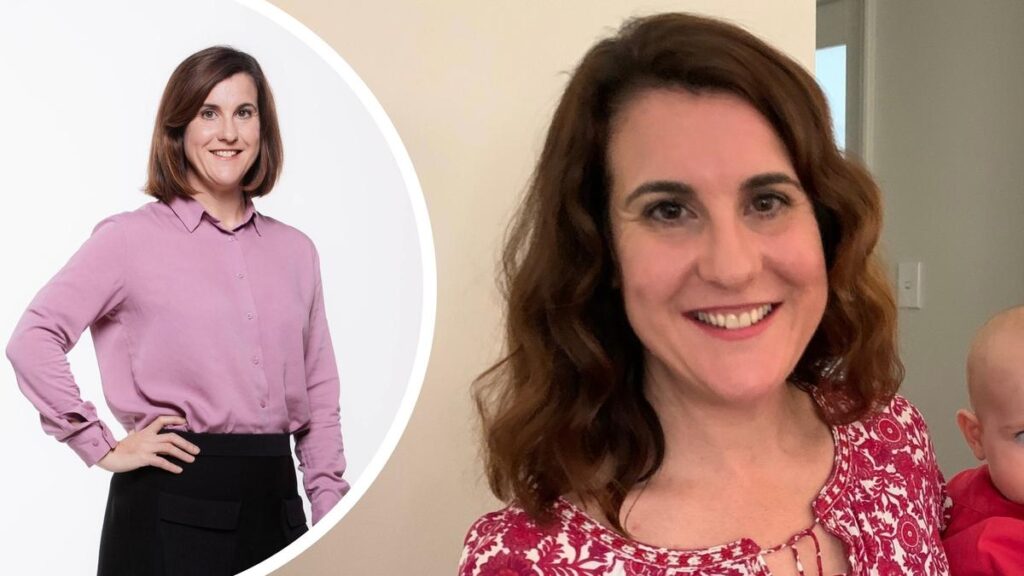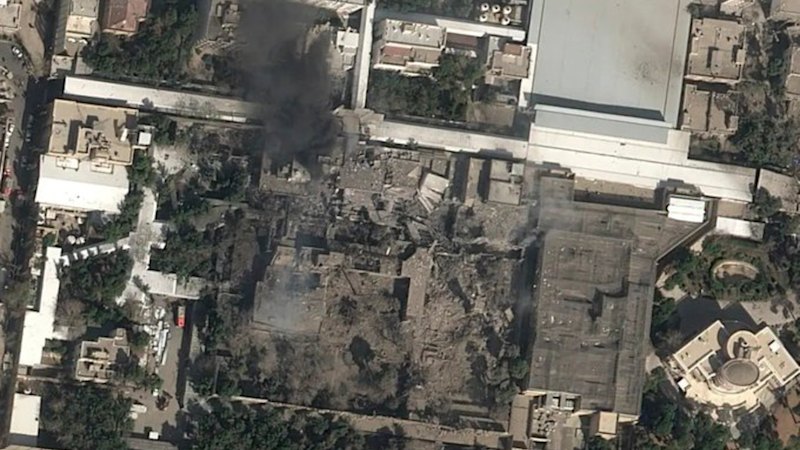
Sarah Crawford
UPDATE: Sarah Crawford, a mother from Perth, is sharing her harrowing yet hopeful journey after being diagnosed with Stage 2 breast cancer. Her story is a powerful reminder of the importance of early detection, particularly during Breast Cancer Awareness Month.
Crawford discovered a lump in her left breast just three weeks prior to her diagnosis while preparing for a family holiday. Determined not to let it ruin her trip, she initially brushed it off. However, upon returning to Perth, her doctor immediately scheduled a mammogram, ultrasound, and biopsy. Just two days later, she received the shocking diagnosis: an 18mm malignant invasive ductal carcinoma.
As she sat with her family, grappling with the implications of the diagnosis, Crawford’s overwhelming schedule suddenly felt trivial. “It was as if our busy lives had come to a halt,” she reflected. Her partner, Ben, began researching survival rates, which showed a promising outlook for Stage 2 patients at over 90 percent five years post-diagnosis.
Crawford faced the need to explain her condition to her children, ages seven and four, without alarming them. “I have a lump in my breast that could make me really sick,” she told them, marking a difficult conversation. While her son expressed concern about missing school, her daughter casually shared the news with classmates, illustrating the innocence of childhood amidst a serious situation.
The day before her surgery, Crawford was met with advice from her mother-in-law, who had battled breast cancer years prior. “Don’t tell too many people,” she cautioned, fearing others’ reactions could add to their burden. However, as the day of her surgery approached, Crawford felt it was crucial to share her experience, emphasizing the importance of awareness and screenings.
Following the successful surgery, her oncologist confirmed the cancer had not spread to her lymph nodes—a major relief for Crawford and Ben. They felt a momentary sense of victory, but the reality of potential recurrence loomed large. With radiation therapy and medication, the return rate of her cancer could be as low as 10 percent over the next 15 years.
Crawford’s experience underscores a critical message: early detection saves lives. “Many women, due to fear or financial concerns, wait too long to seek help,” she explained. “My treatment was possible because of decades of research and awareness campaigns.”
Breast cancer screening is available for women aged 40 and over in Western Australia without symptoms, and it is recommended every two years. Women can schedule their free mammogram by visiting BreastScreen WA or calling 13 20 50.
Crawford’s story is an urgent call to action for all women to prioritize their health. “A lump is a priority, no matter how busy life gets,” she said, emphasizing the significance of regular check-ups.
Her journey continues as she navigates treatment, but she remains hopeful and empowered, advocating for awareness during this crucial month. As she puts it, “No matter how inconvenient it is, check your boobs.”
This powerful account is a stark reminder of the realities faced by many women and the lifesaving importance of early detection.






